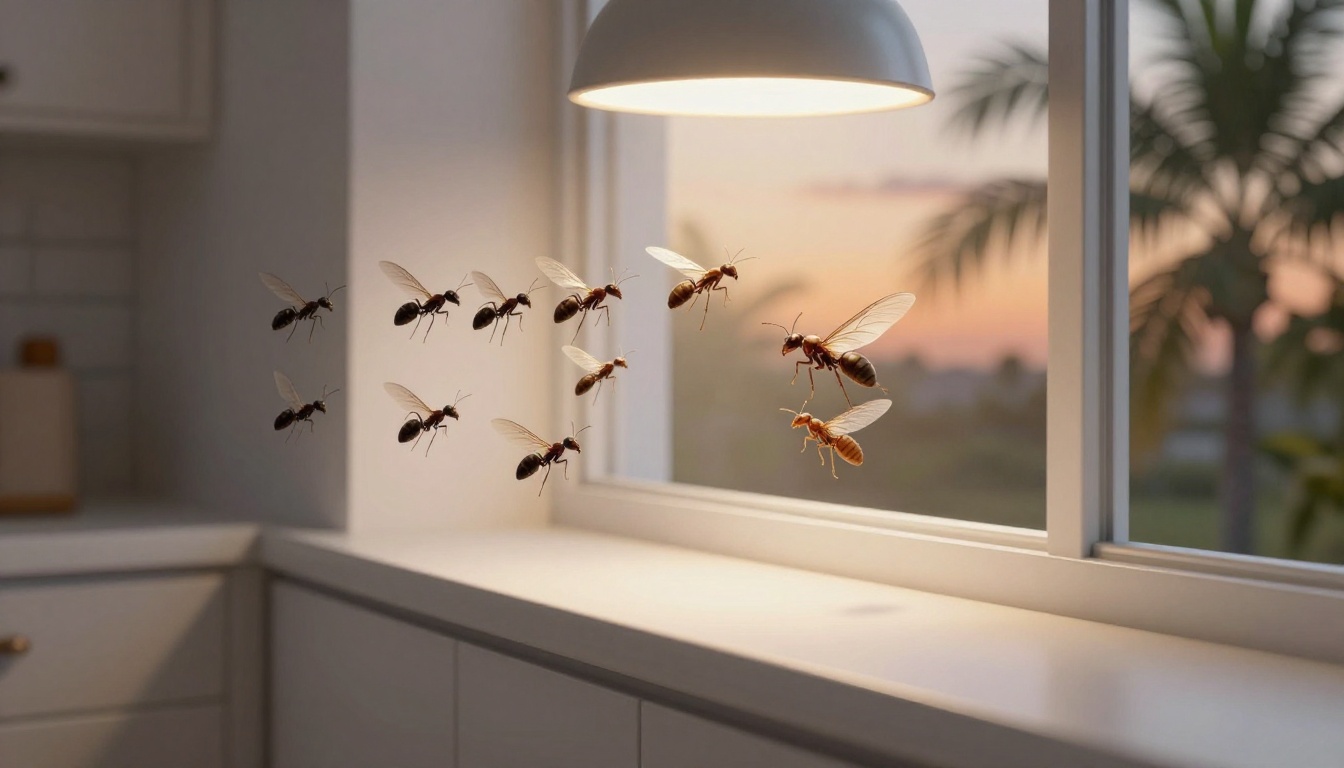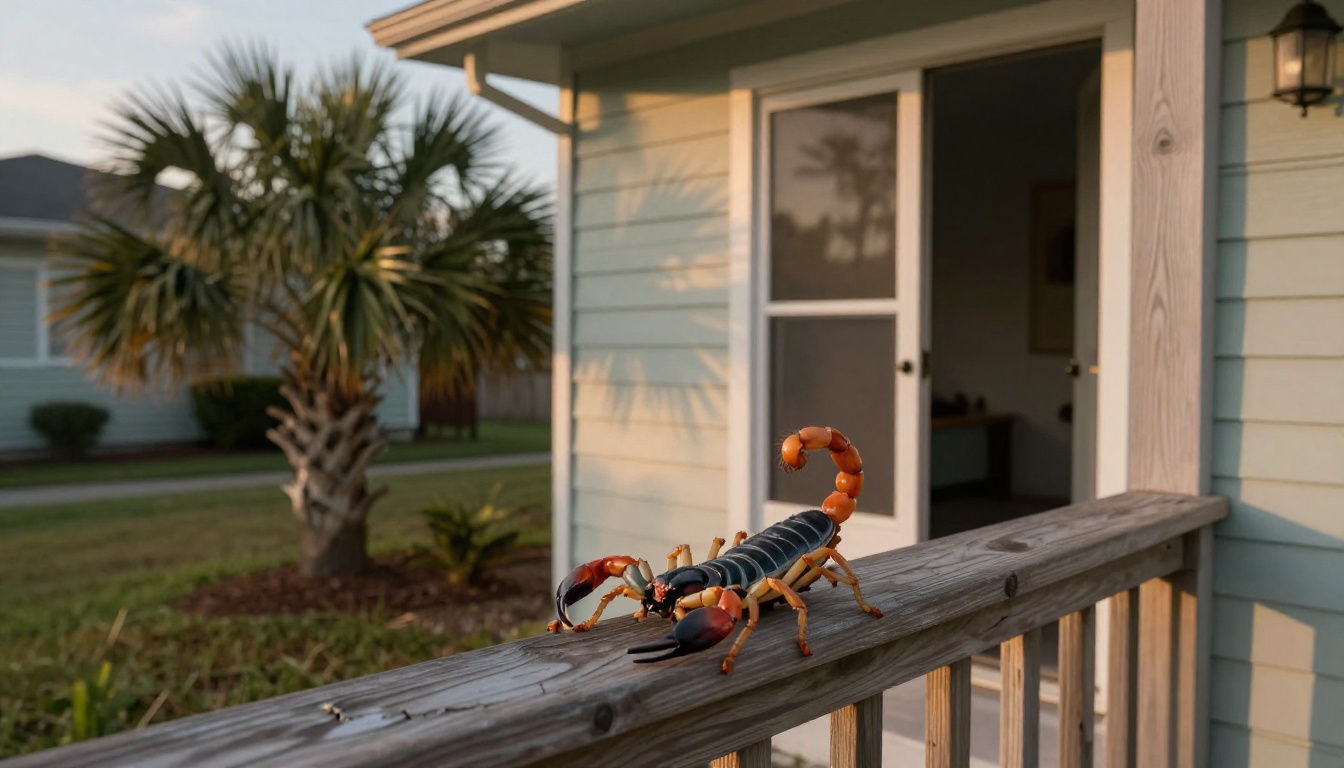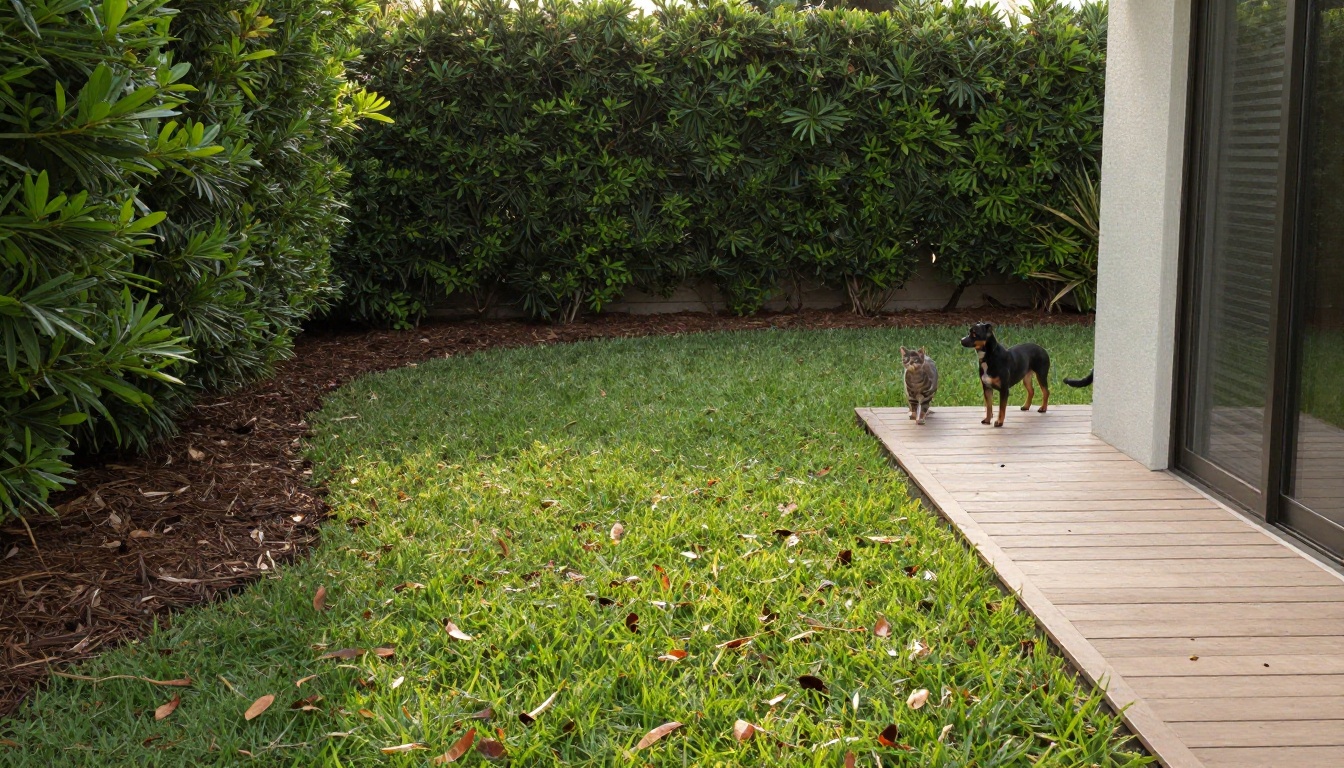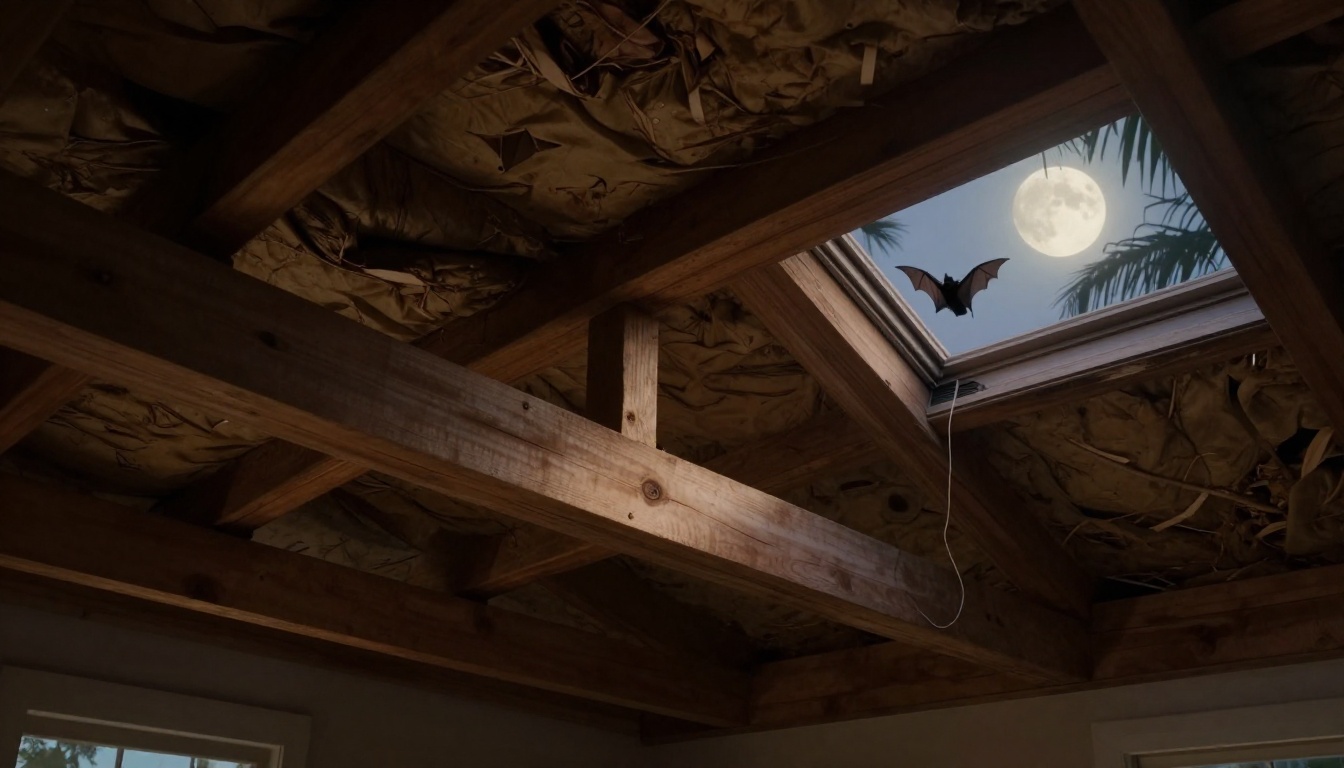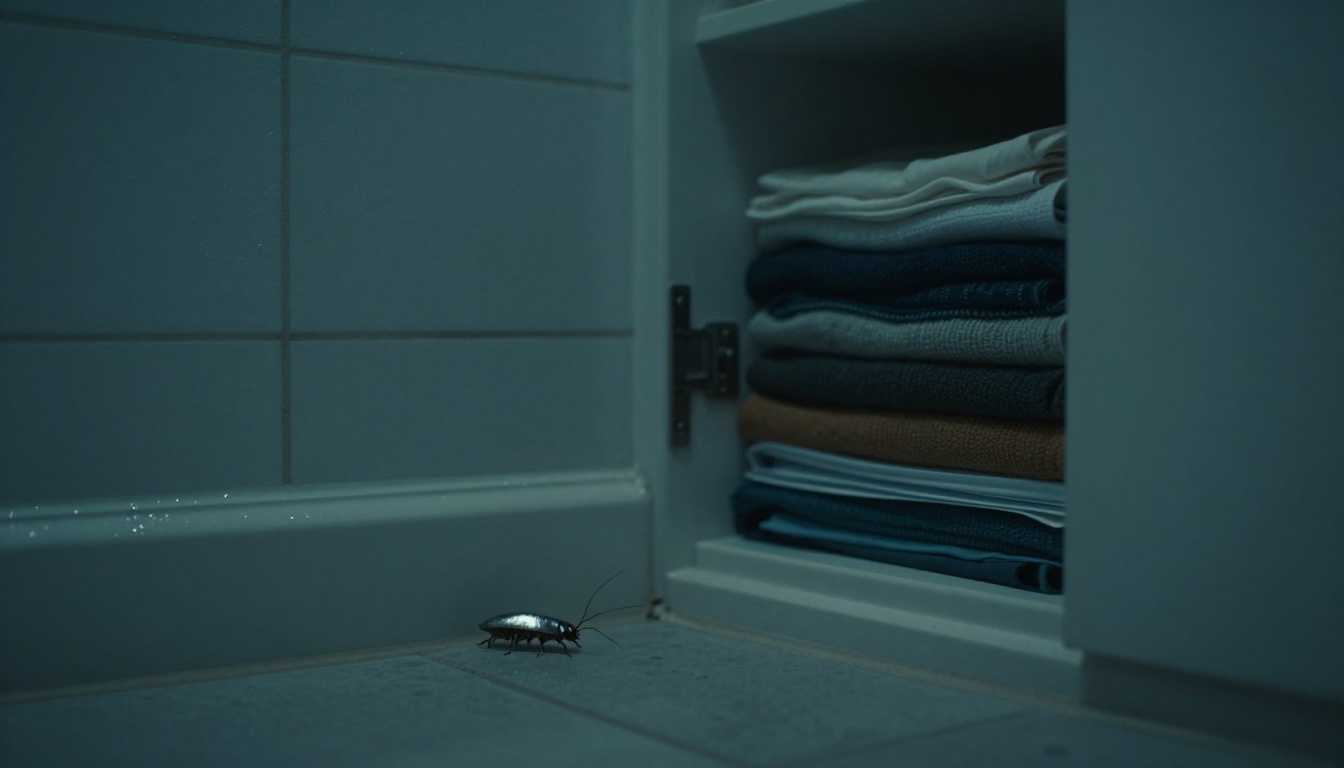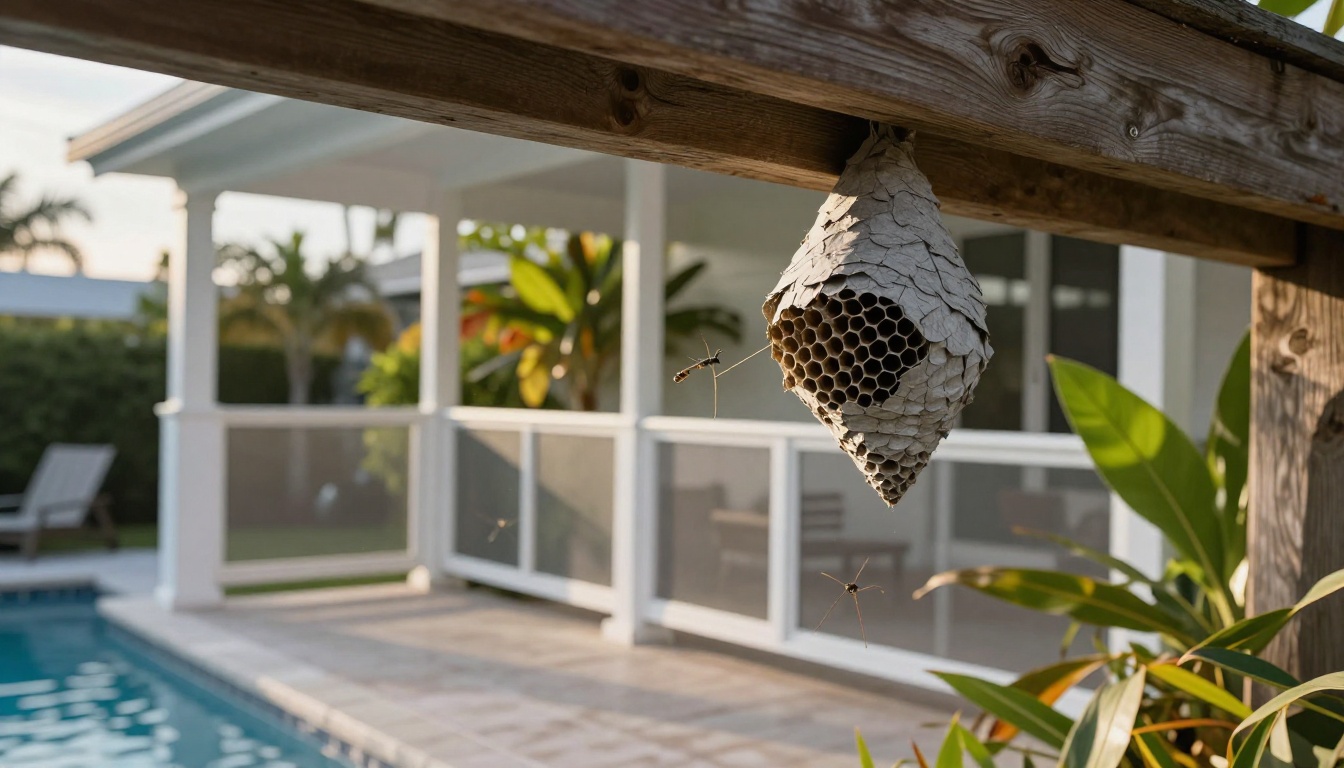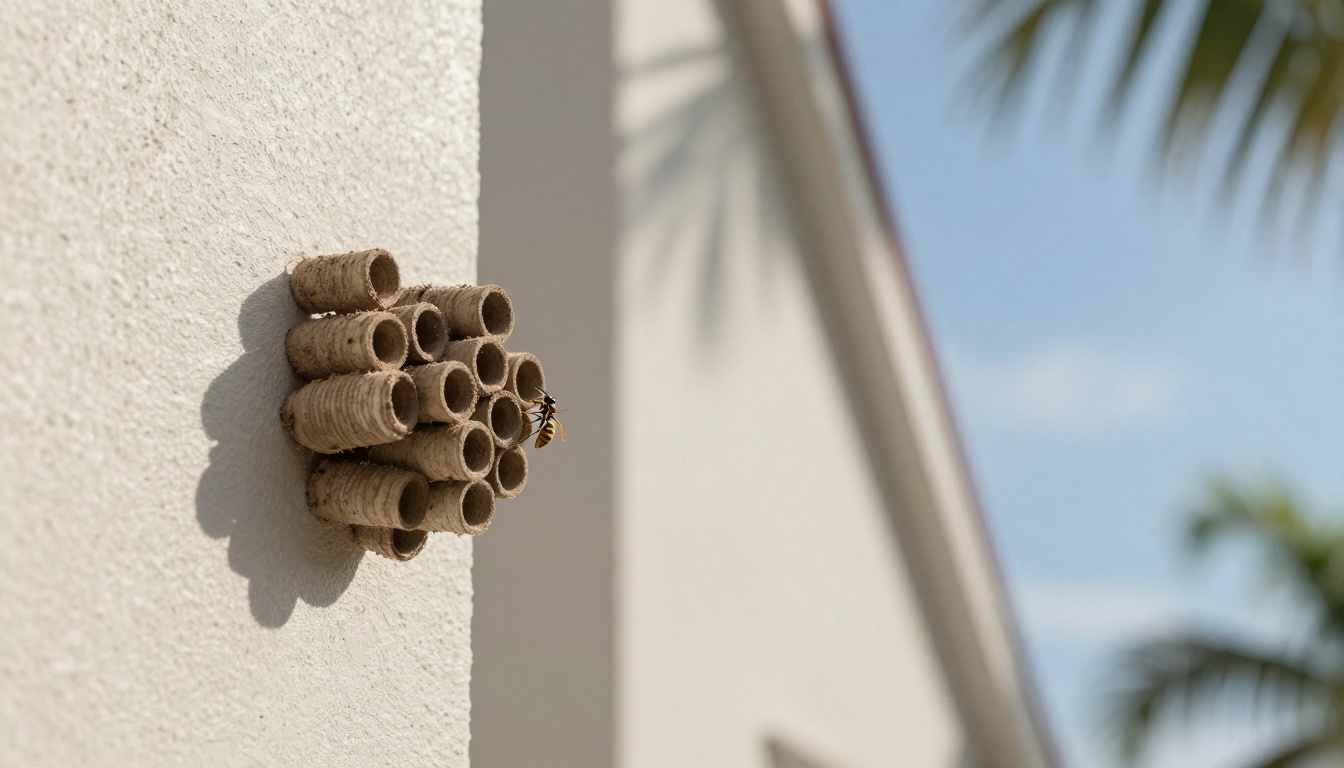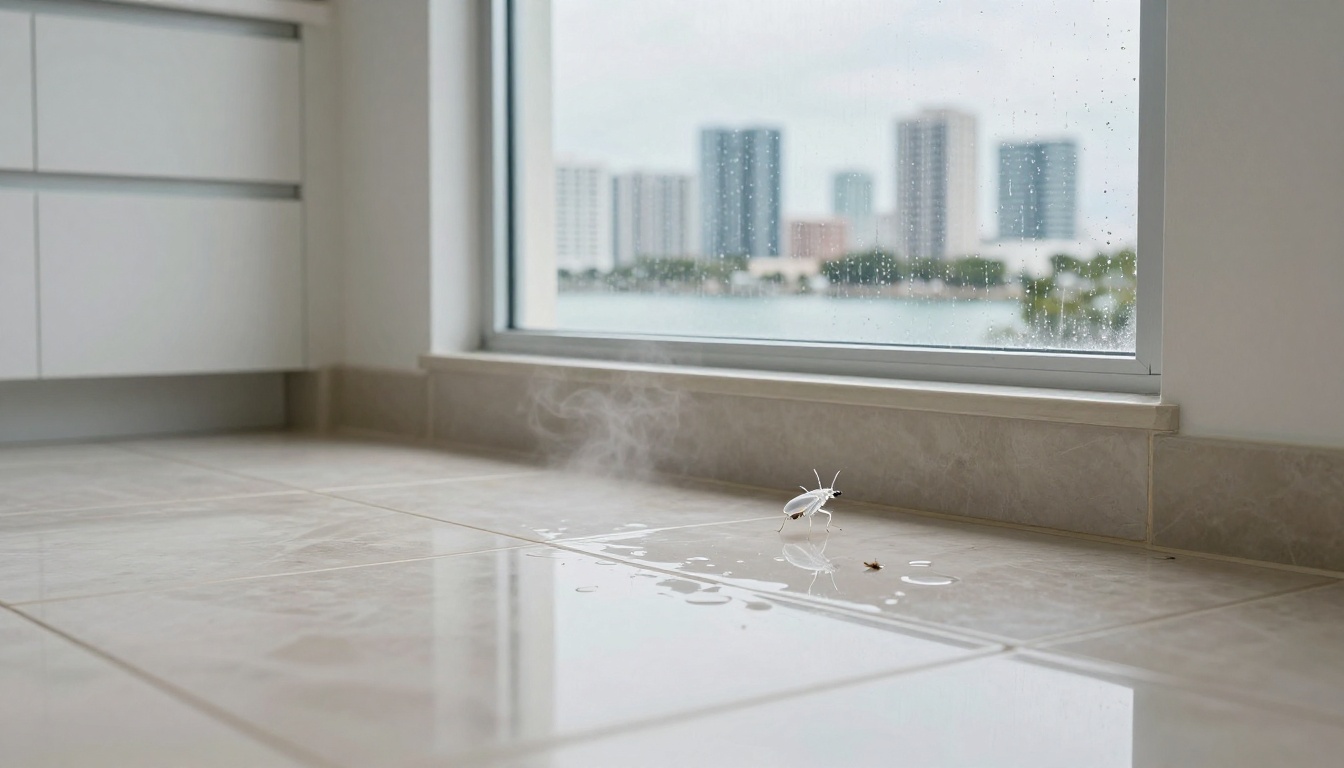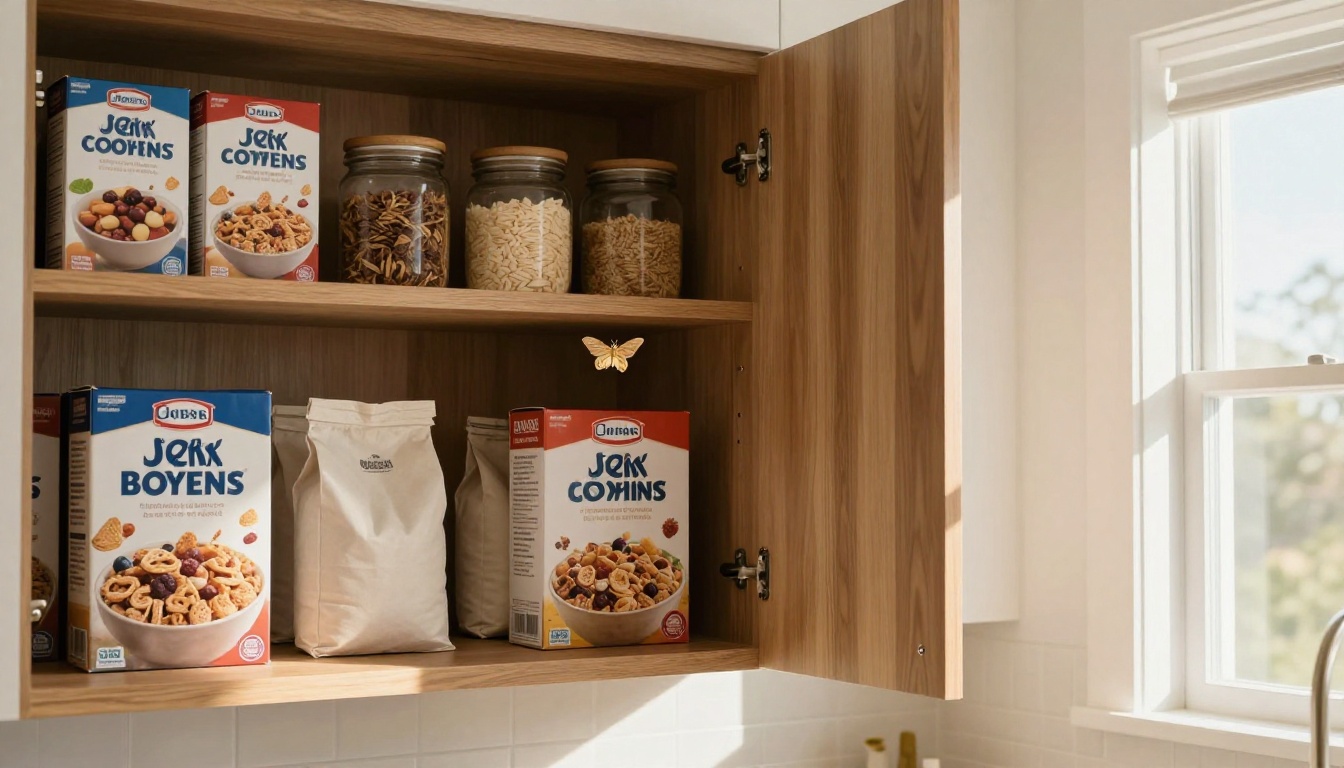A Homeowner's Guide to Common Spiders in Cape Coral
A Homeowner's Guide to Common Spiders in Cape Coral
Understanding the Role of Spiders in Cape Coral
Spiders play a vital role in maintaining the ecological balance in Cape Coral. These natural predators help control insect populations, including pests like mosquitoes and flies, which can be a nuisance to homeowners. By keeping these insects in check, spiders contribute to a healthier environment both indoors and outdoors. Their presence is a natural part of the local ecosystem, and understanding their importance can help homeowners coexist peacefully with them.
Cape Coral is home to a diverse range of spider species, each with unique characteristics and roles. From web-building orb weavers to ground-dwelling hunters, these arachnids are essential for pest control. While some people may find spiders unsettling, their contributions to the ecosystem far outweigh any inconvenience they might cause. Next, we’ll explore the most common spiders you might encounter inside your home.
Identifying Common Spiders Found Indoors
When it comes to house spiders in Cape Coral , the Common House Spider is one of the most frequently spotted. These small, brownish spiders build tangled webs in corners, closets, and basements. Their irregular, messy webs are a key identifier. Though they may look intimidating, they are harmless and actually help reduce other pest populations indoors.
Another frequent visitor is the Cellar Spider, often called "Daddy Long Legs" due to its long, spindly legs. These spiders are typically found in damp areas like basements or garages. They create loose, cobweb-like structures and are known for their shy behavior. Despite their creepy appearance, they pose no threat to humans and are excellent at catching smaller insects.
The Harvestmen, often mistaken for spiders, are another common sight. Unlike true spiders, they lack venom and do not spin webs. Instead, they scavenge for food and are usually seen in moist environments. Understanding these species can help homeowners identify which spiders are friends rather than foes. Now, let’s discuss the spiders that homeowners should be more cautious about.
Venomous and Dangerous Spiders: What Homeowners Should Know
While most spiders in Cape Coral are harmless, a few species can pose risks to humans. The Black Widow is one of the most notorious, easily identified by its shiny black body and red hourglass marking on the abdomen. These spiders prefer dark, secluded areas like sheds or crawl spaces. Though bites are rare, they can cause severe symptoms like muscle pain and nausea, requiring medical attention.
Another potentially dangerous spider is the Brown Recluse. Known for its violin-shaped marking and six eyes instead of the usual eight, this spider is less common but still worth noting. Its bite can lead to tissue damage and requires prompt medical care. Both species are reclusive and typically bite only when threatened or accidentally disturbed.
It’s important to know how to identify these spiders and understand their behaviors to avoid accidental encounters. If you suspect the presence of venomous spiders in your home, contacting a professional pest control service like Shield Pest Control Solutions can provide peace of mind. Next, we’ll explore some beneficial spider species that are completely harmless to humans.
Harmless but Helpful: Beneficial Spider Species
Not all spiders are dangerous; many are incredibly beneficial to have around. The Golden Silk Orb-Weaver, for example, is a large, colorful spider known for its intricate, golden-hued webs. These spiders thrive in gardens and wooded areas, where they catch mosquitoes, flies, and other pests. Their presence can significantly reduce insect populations without posing any risk to humans.
Jumping spiders are another helpful species. Small and agile, these spiders hunt insects rather than building webs. Their keen eyesight and quick movements make them efficient predators of household pests like ants and gnats. Encouraging coexistence with these non-threatening spiders can enhance your home’s natural pest control system. Let’s now shift our focus to the outdoor spiders that beautify your garden with their impressive webs.
Orb Weavers and Outdoor Web Builders
Orb weaver spiders are the architects of the spider world, crafting stunning, circular webs that can span several feet. In Cape Coral, species like the Yellow Garden Orb Weaver and Golden Silk Orb Weaver are commonly seen in gardens and wooded areas. These spiders are most active during the warmer months and play a crucial role in controlling flying insects like moths and mosquitoes.
Despite their large size and striking appearance, orb weavers are generally harmless to humans. They are more interested in catching prey than interacting with people. Their webs are not only functional but also add an artistic touch to outdoor spaces. Understanding their role can help homeowners appreciate their presence rather than fear it. Next, we’ll delve into the life cycles of these fascinating creatures and how Florida’s climate affects their behavior.
Spider Life Cycles and Seasonal Activity in Cape Coral
Spiders in Cape Coral follow a predictable life cycle, beginning as eggs, progressing through multiple molts as juveniles, and finally reaching adulthood. Warm temperatures and high humidity in Florida accelerate their growth and reproduction, leading to increased activity during spring and summer. This is when homeowners are most likely to notice webs and egg sacs around their property.
As the weather cools, some species become less active, while others seek shelter indoors. Understanding these seasonal patterns can help homeowners anticipate spider activity and take preventive measures. With this knowledge, you’ll be better equipped to manage their presence in your home. Speaking of management, let’s explore the signs that indicate a potential spider infestation.
Signs of Spider Infestations in Your Home
If you’re noticing an unusual number of webs in corners, ceilings, or windowsills, it could be a sign of a spider infestation. Egg sacs, which resemble small cotton balls, are another indicator. Some species, like the Common House Spider, lay hundreds of eggs at a time, so finding multiple sacs may mean a growing population.
Frequent sightings of spiders, especially during the day, can also signal a problem. While occasional spiders are normal, large numbers may warrant professional intervention. Companies like Shield Pest Control Solutions specialize in identifying and addressing spider infestations effectively. Knowing when to act can save you from bigger issues down the line. Now, let’s discuss ways to prevent spiders from becoming a problem in the first place.
Spider Prevention: Tips for Homeowners
Preventing spiders from entering your home starts with blocking their access points. Seal cracks in walls, doors, and windows, and install weather stripping where necessary. Reducing outdoor lighting can also deter spiders, as it attracts the insects they feed on. Keeping your home clean and clutter-free eliminates hiding spots and makes it less appealing to these arachnids.
In addition to DIY methods, professional pest control services can offer long-term solutions. Shield Pest Control Solutions provides comprehensive inspections and treatments tailored to your specific needs. Whether you’re dealing with a minor issue or a full-blown infestation, expert assistance ensures a safer, spider-free environment. But what happens if you’re bitten by a spider? Let’s find out.
What to Do If You’re Bitten by a Spider
If you suspect a spider bite, the first step is to clean the area with soap and water to prevent infection. Apply a cold compress to reduce swelling and discomfort. Monitor the bite for signs of an allergic reaction or worsening symptoms, such as increasing pain, fever, or spreading redness.
In cases where you suspect a bite from a venomous spider like the Black Widow or Brown Recluse, seek medical attention immediately. Try to capture the spider (if safe to do so) for identification, as this can help doctors determine the appropriate treatment. Quick action is key to minimizing the effects of a spider bite. Next, we’ll compare DIY approaches to professional pest control options.
Pest Control Options: DIY vs. Professional Services
For minor spider problems, DIY methods like vacuuming webs, using sticky traps, and applying natural repellents can be effective. However, these solutions may not address underlying issues, such as entry points or insect prey that attract spiders. Additionally, DIY efforts require ongoing maintenance to remain successful.
On the other hand, professional pest control services offer comprehensive solutions tailored to your home’s specific needs. Shield Pest Control Solutions uses advanced techniques to inspect, identify, and eliminate spider infestations while providing long-term prevention strategies. While professional services may come at a higher cost, their efficiency and expertise often make them the better choice for persistent or severe problems. Now, let’s answer some common questions about spiders in Cape Coral.
Frequently Asked Questions
What are the most common spiders found in Cape Coral homes?
The most common spiders include the Common House Spider, Cellar Spider, Jumping Spider, and occasionally the Black Widow or Brown Recluse. Each has distinct characteristics and behaviors that help with identification.
Are there any deadly spiders in Cape Coral?
While most spiders are harmless, the Black Widow and, rarely, the Brown Recluse can pose medical risks. Their bites require immediate attention, though encounters with these species are uncommon.
How can I tell if a spider in my home is dangerous?
Dangerous spiders often have distinctive markings, such as the Black Widow’s red hourglass or the Brown Recluse’s violin shape. Learning these identifiers can help you recognize potential threats.
Do spiders help control other pests in my home or yard?
Yes, many spiders are natural pest controllers, reducing populations of flies, mosquitoes, and other insects. Encouraging their presence can benefit your home’s ecosystem.
How do pest control professionals handle spider infestations?
Professionals conduct thorough inspections, identify the species involved, and apply targeted treatments. Follow-up recommendations ensure long-term prevention and management.
Conclusion
Understanding the spiders in Cape Coral empowers homeowners to coexist safely with these fascinating creatures. Proper identification is key to distinguishing between harmless and potentially dangerous species. While venomous spiders like the Black Widow and Brown Recluse exist, encounters are rare, and their benefits to the ecosystem often outweigh the risks.
To maintain a spider-free home, consider combining preventative measures with professional pest control services when needed. Shield Pest Control Solutions offers expert guidance and treatments to keep your living spaces safe and comfortable. By following the tips outlined in this guide, you can foster a harmonious relationship with the spiders in your area while ensuring your family’s safety.
Schedule a Free Inspection:
